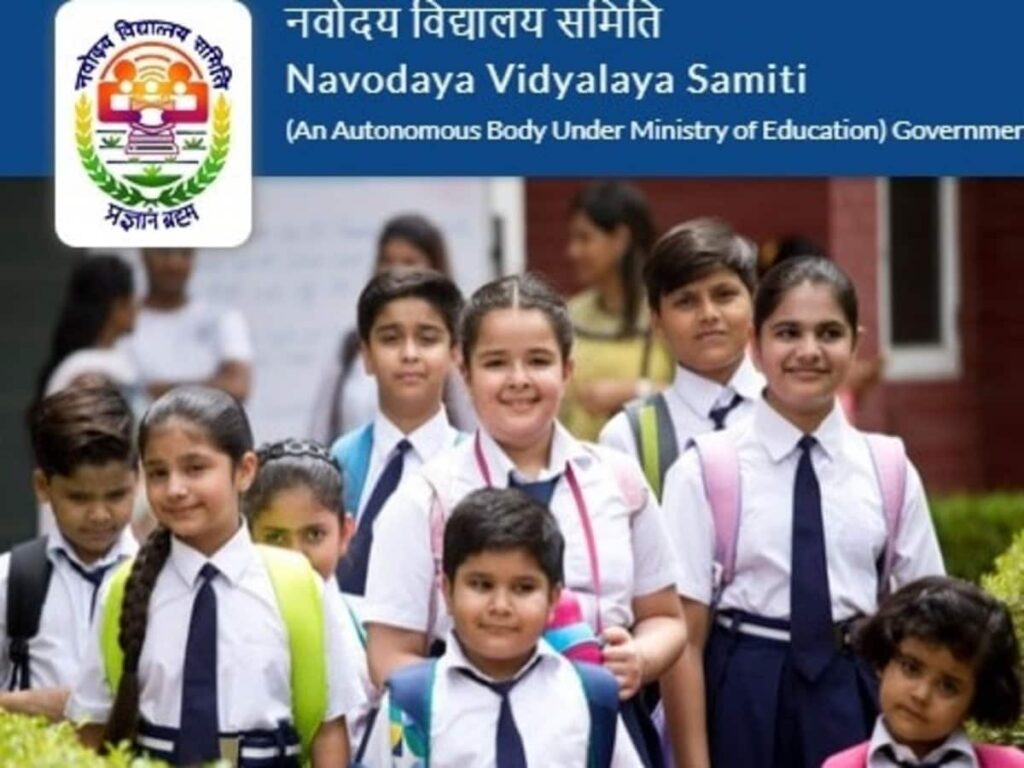In a recent incident at Jawahar Navodaya Vidyalaya located in Sant Kabir Nagar, Uttar Pradesh, a child was denied admission to the sixth grade due to a medical examination that indicated he exceeded the permissible age limit. This decision has sparked legal action, culminating in a reprimand from the court directed at the school. This case raises crucial questions about the admission policies and age requirements in educational institutions, as well as the importance of fair assessment processes.
Background on Navodaya Vidyalayas
Jawahar Navodaya Vidyalayas (JNVs) are a network of co-educational residential schools in India, established to provide quality education to talented children, especially those from rural areas. These schools operate under the Ministry of Education and are known for their rigorous selection process, ensuring opportunities for children from diverse backgrounds.
Admission Policies and Age Limits
The admission policy for JNVs generally includes specific age criteria that students must meet to be eligible for enrollment. For sixth-grade admission, children typically should be within the age bracket of 11 to 12 years. However, these regulations can sometimes lead to contentious situations when the age assessment is based on medical evaluations, as seen in this case.
Details of the Incident
| Aspect | Details |
|---|---|
| Location | Jawahar Navodaya Vidyalaya, Sant Kabir Nagar, Uttar Pradesh |
| Child’s Age | Exceeding the age limit based on medical examination |
| Admission Status | Denied for the sixth grade |
| Court Ruling | Reprimand issued to the school |
Legal Implications and School Accountability
The court’s intervention in this case underscores the necessity for educational institutions to abide by fair and transparent practices regarding admissions. It highlights the tension between established regulations and individual circumstances that may warrant exceptions. The court’s reprimand serves as a reminder that schools must thoroughly evaluate not just medical assessments but also consider the potential social and educational impact of their decisions on children.
Conclusion
This incident at Jawahar Navodaya Vidyalaya raises significant concerns about the rigidity of admission policies and the importance of empathy in educational settings. As educational institutions aim to maintain standards, they must also be flexible and understanding of unique situations faced by students and their families. Striking this balance is essential to foster an inclusive educational environment that accommodates the varied needs of all students.
